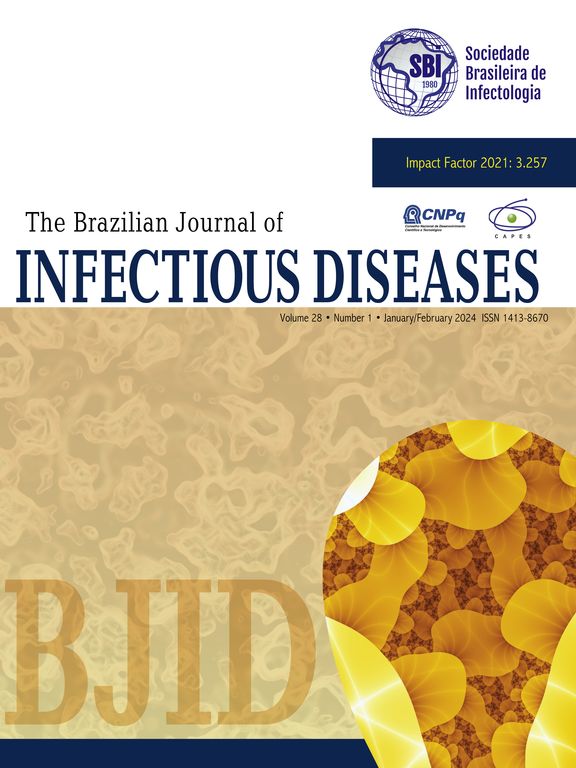Evidence suggests that sustained virologic response to interferon treatment decreases incidence of hepatocellular carcinoma in patients with hepatitis C virus cirrhosis. This study was designed to compare the incidence of hepatocellular carcinoma among cirrhotic patients exposed to interferon based treatment with or without achieving a sustained virological response, in order to evaluate the role of interferon itself in the prevention hepatocellular carcinoma.
MethodsA cohort of 85 patients with compensated hepatitis C cirrhosis was followed after treatment with interferon and ribavirin. Sustained virological response was defined as negative polymerase chain reaction assay 24 weeks after the end of treatment. Patients were followed every 6 months with ultrasound and alpha-fetoprotein. Hepatocellular carcinoma was diagnosed by the finding of a focal liver lesion greater than 2 cm with arterial hypervascularization on two imaging techniques and/or by liver biopsy.
ResultsThe mean follow-up time was 32.1 ± 20 months for patients who achieved a sustained virological response and 28.2 ± 18 months among 47 patients (55%) without SVR. Hepatocellular carcinoma was diagnosed in 1 (3%) vs. 8 (17%) responders and non responders respectively (p = 0.02).
ConclusionPatients with cirrhosis due to hepatitis C virus who achieved sustained virological response had significantly lower incidence of hepatocellular carcinoma when compared to those without treatment response. Interferon treatment without achieving sustained virological response does not seem to protect against hepatocellular carcinoma.




